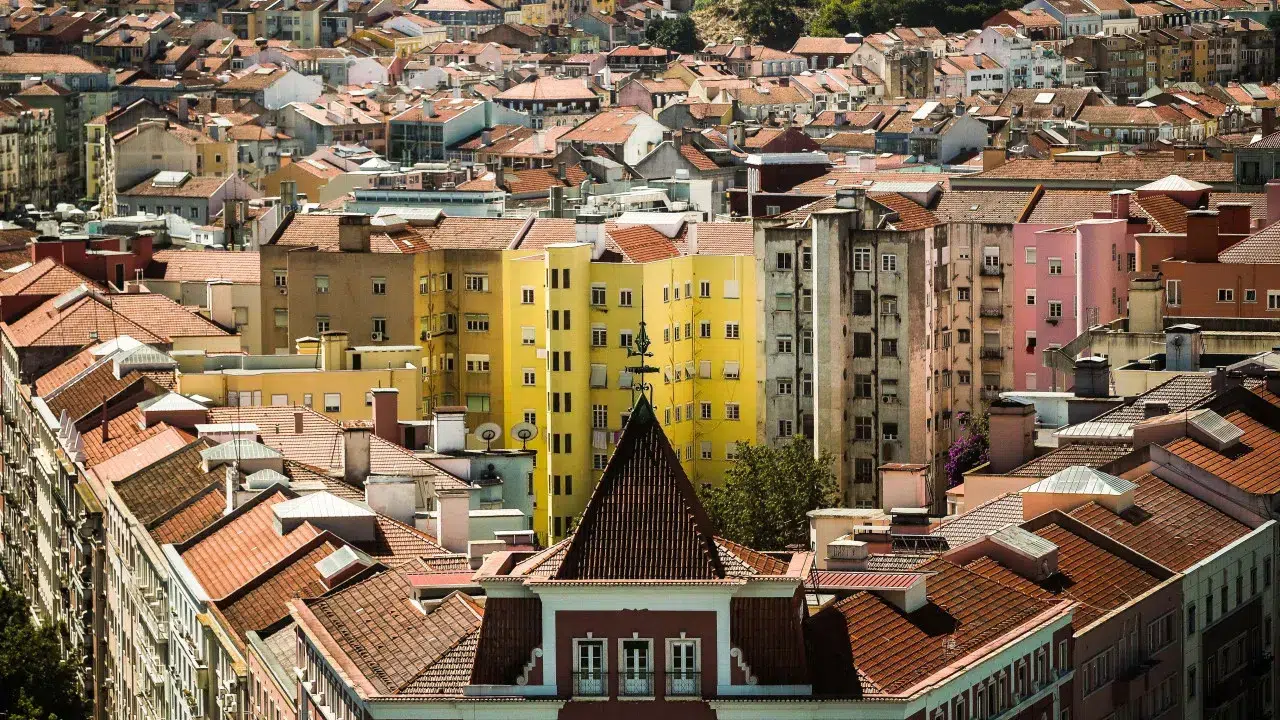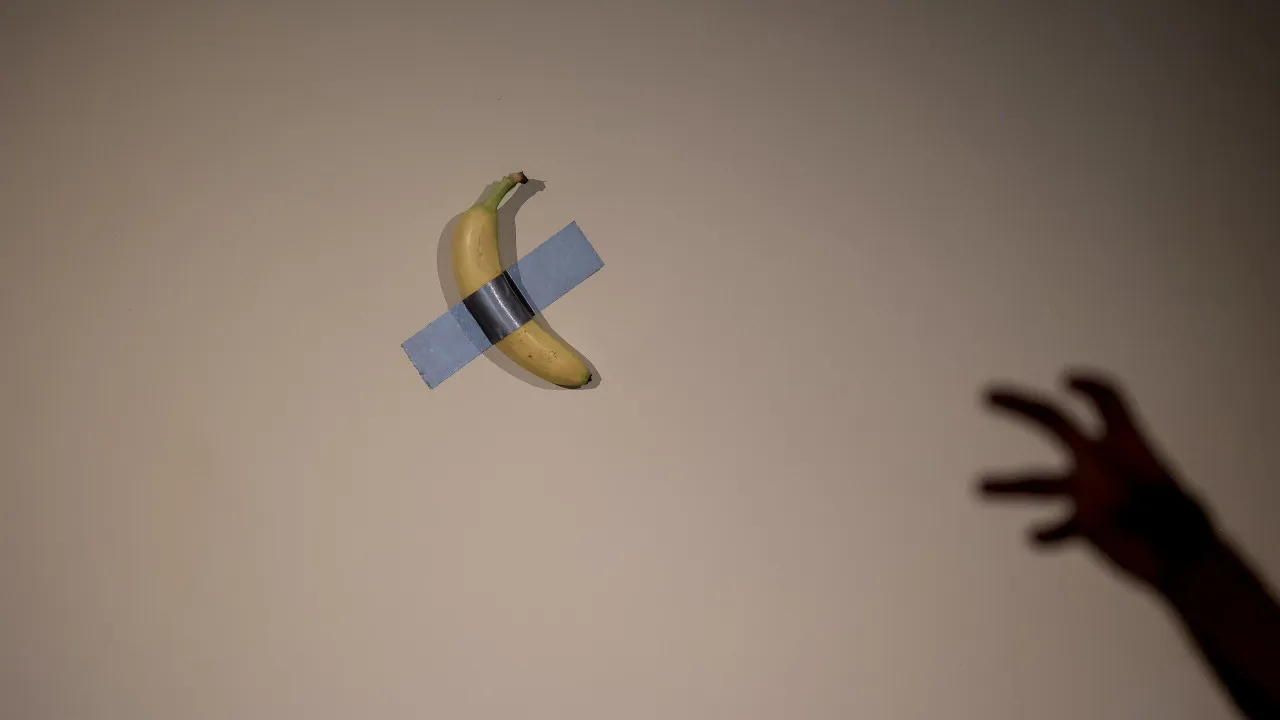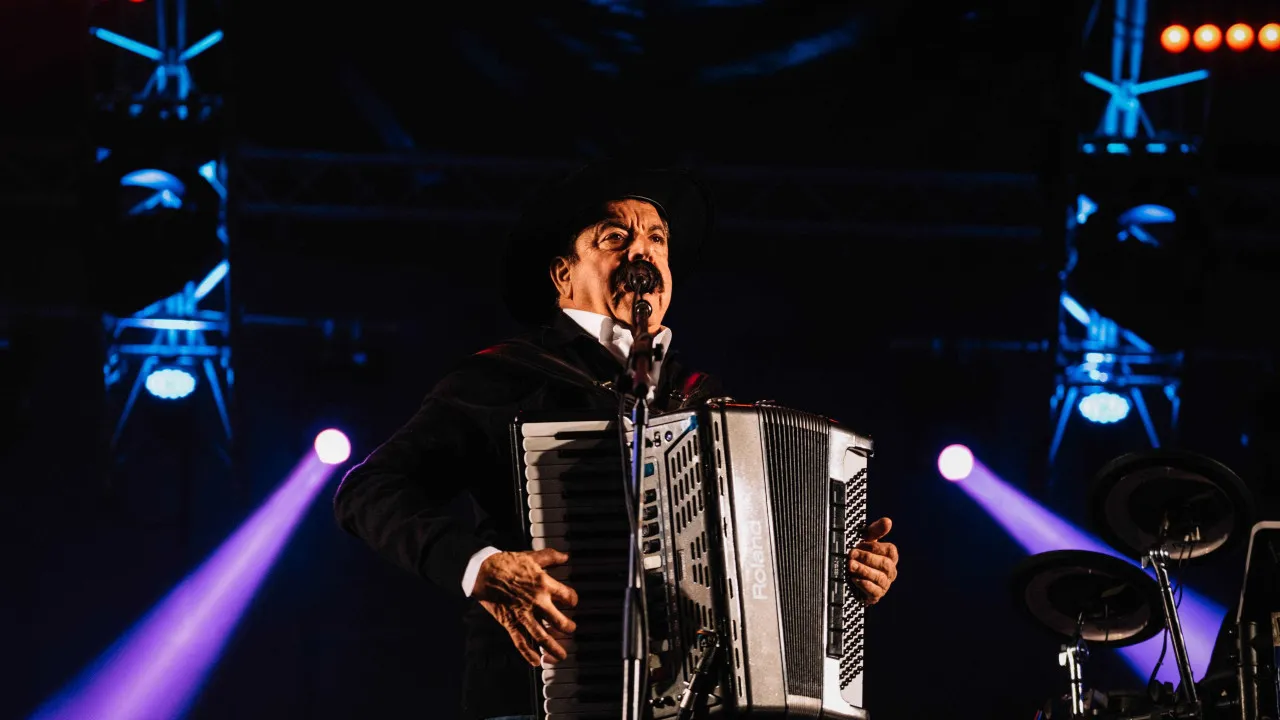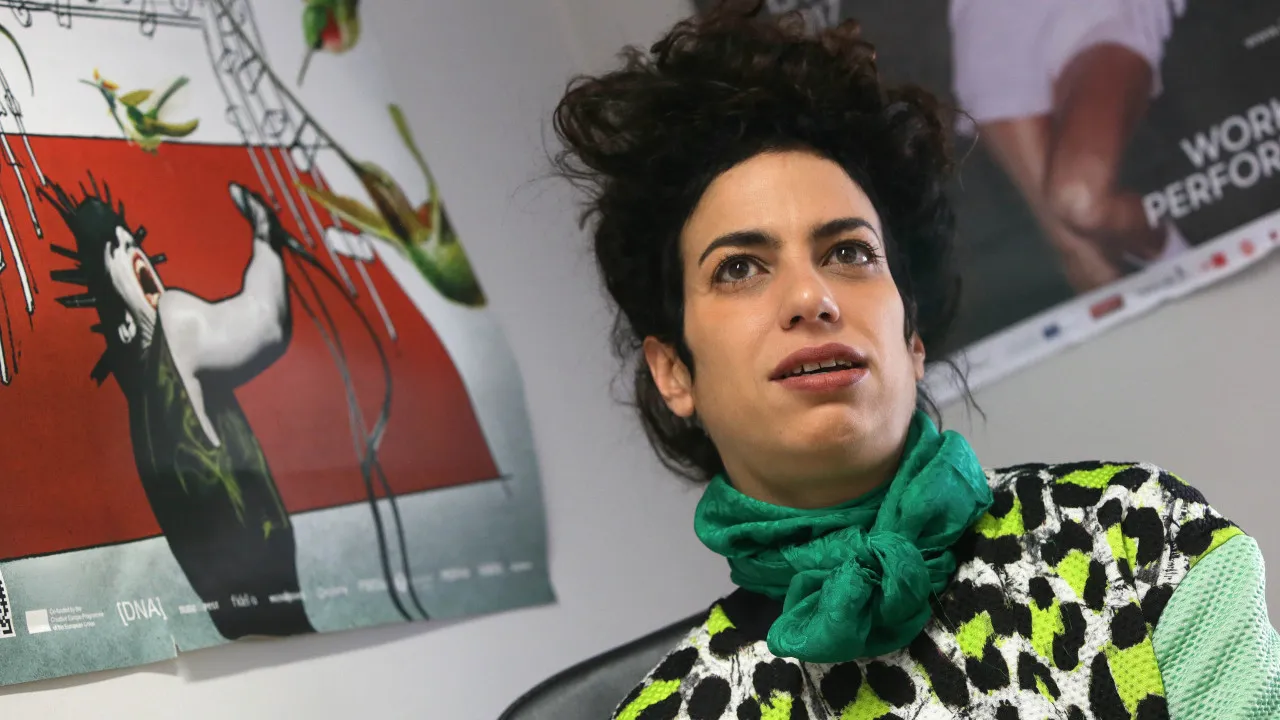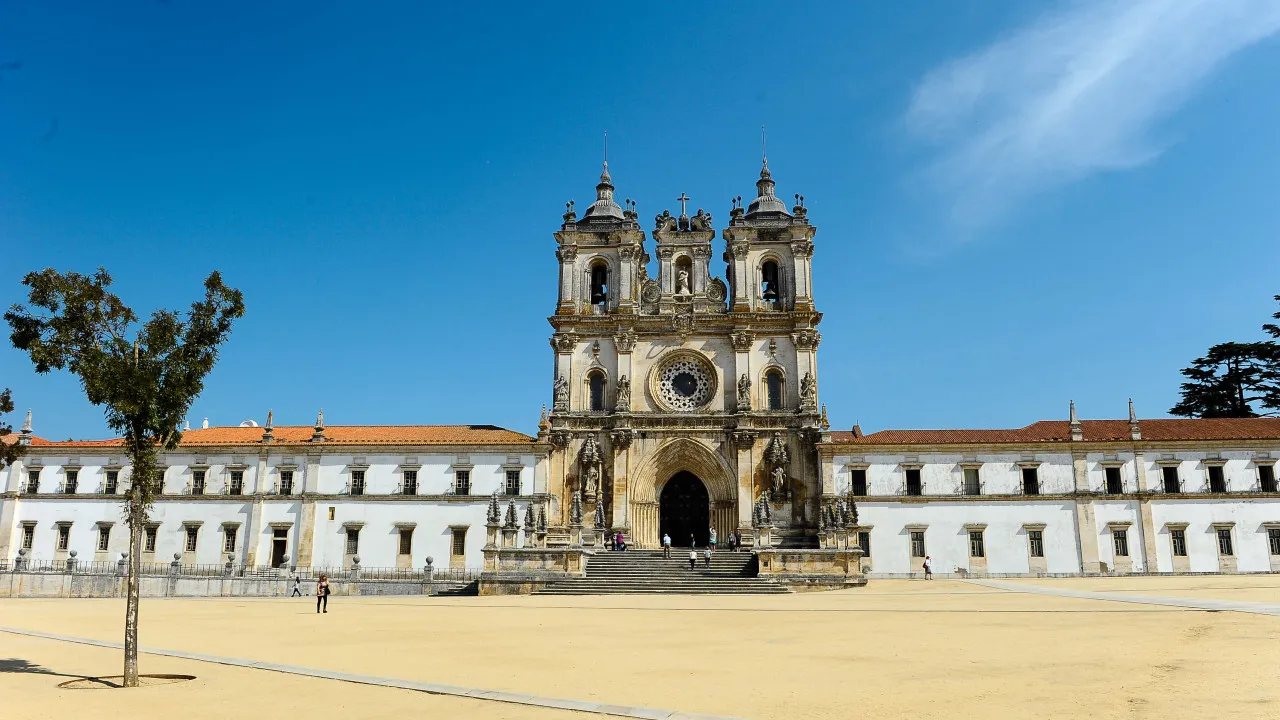The play “De Passagem”, by Luísa Costa Gomes, opens on Wednesday at the Teatro do Bairro, in Lisbon, with the central themes being the ability to continue talking to the other and the “permanent hope in understanding”.
“If the play is about anything, it’s about exchange. Exchange of things,” said the author of the text, Luísa Costa Gomes, in an interview with the Lusa news agency, noting that she has always been “very sensitive to conversation and dialog as a form of exchange”.
“It’s a way of exchanging phrases; of things that are said and that give rise to other things,” said the author, for whom “this dance of dialogue, this choreography that is a scene from a play” is “one of the things” she is most interested in working on.
The “meaning of dialog is also this, to accept the uniqueness of the other,” he said.
The play’s story centers on Roberto, a young man “in the splendor of his 20s”, who takes a year off to see the world in a kind of “initiatory journey”, according to the author’s synopsis. Aimless and with a backpack on his back, Roberto rides a bicycle “in a concession to modernity”.
At the end of a summer afternoon, Roberto reaches the top of a mountain and comes across an isolated wooden house in the middle of the woods, where António, “in the throes of old age”, has retreated to, in conflict with the nature that surrounds him.
At nightfall, Roberto realizes that his backpack with all his belongings has been stolen.
Sick and unable to end his life, António invites Roberto to spend the night at his house. Roberto accepts, and António ends up using him “as an involuntary weapon to commit suicide”.
In the same mountains, Domingos and Augusto wander on foot, “two gentlemen whose generosity borders on madness” and “benevolent witnesses to the consequences of Roberto’s ‘crime'”.
The play “looks like a magic box,” said director António Pires, referring to the text’s “wonderful sense of humor and sarcasm” and the “absolutely wonderful” way the author writes the dialogues.
In addition, the text has a lot to do with the present day: “Even this exchange thing, the way we see exchange”, which in the text is “deconstructed in such a particular way and in characters that we often recognize”.
A text that António Pires considers “very, very funny” about “something that isn’t obvious” or about which he can mention specific topics.
A “comedy of ‘nonsense’, but quite realistic”, he argued.
“It’s a very, very large work,” he said, adding that it’s a play that refers to other works by the author, but also to playwrights such as Kleist or Beckett, “even though it has nothing to do with the Beckettian universe”.
“Just passing through” started out as an operetta in five acts, with songs. Written in 1985, in English, at a time when the author was “starting to write and try things out”, it was called “Just passing through”, says Luísa Costa Gomes.
It’s one of three plays he wrote in English, one of which remains unpublished, he revealed.
The author then took the original version, which was very long because it had an operatic vocation, translated it, cut it down and reworked it until she arrived at the version that will be premiered on Wednesday in Lisbon.
In 2014, the Ensemble performed the piece for the first time in Porto, in an open-air show in the gardens of Cooperativa Árvore.
António Pires confessed that Luísa Costa Gomes had given him the text to read a long time ago. “Three years ago” he read it and immediately said he had to do it.
An “extraordinary coincidence” that made Luísa Costa Gomes “very happy” that “in the midst of the 3,000 things” that António Pires does, she found “the time and availability to read the text and understand it”.
“Because that’s what the text is about. It talks about a gift, but the other person has to want to receive that gift. The other person has to be willing to receive that gift,” she said.
Performing in the play are Francisco Vistas (Roberto), João Barbosa (António), Marcello Urgeghe (Augusto), Ricardo Aibéo (Domingos) and Sandra Santos (Maria Rita).
The set design is by Alexandre Oliveira, the costumes by Luísa Pacheco and the light and sound designs by Rui Seabra and Paulo Abelho, respectively.
At Teatro do Bairro, “De passagem” is on stage until February 4, with sessions from Wednesday to Friday at 21:30 and on Saturday and Sunday at 18:00. On the 27th, there is a session with interpretation in Portuguese Sign Language.
The play will then be performed at the Alcochete Municipal Forum (February 8), at the Theatro Circo in Braga (February 15 and 16) and at the Recreios in Amadora (February 25).


